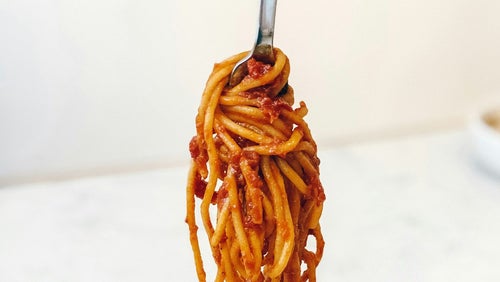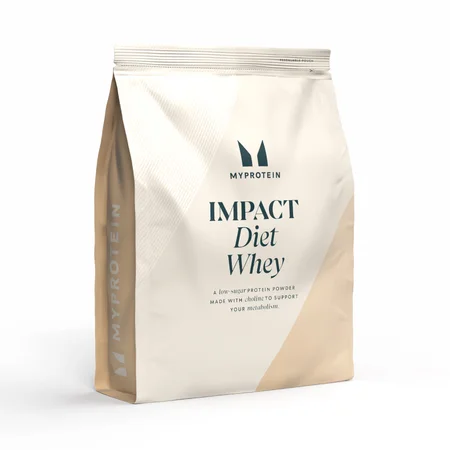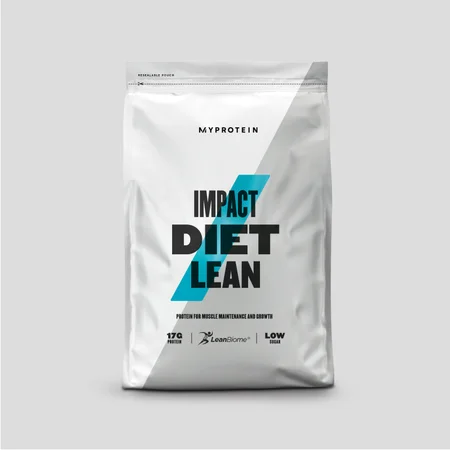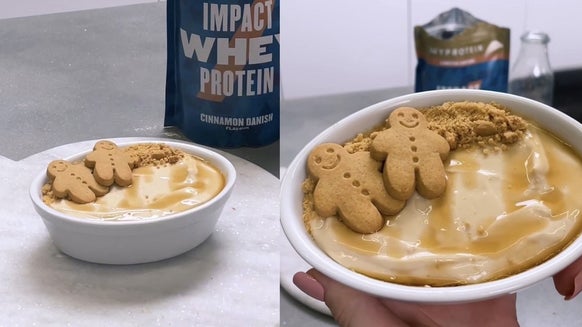Carb Cycling For Fat Loss | Nutritionist Reveals How

To me, “carb cycling” sounds like another one of those buzzwords you hear flying about the gym locker room that always leave you with more questions than answers when you Google them.
That's where expert nutritionist Richie Kirwan comes in. You can always count on him to simplify the most complex information into terms you can understand, even before you’ve had your morning coffee.
What is it?
It's super simple.
Eating different amounts of carbs at different times of the day, week or even year to try and achieve some sort of performance or body composition benefit.
If you’re still struggling to make sense of that, Richie gave some examples so you can wrap your head around it a bit easier.

What Is Carb Cycling And How Does It Work? Benefits And Tips
Cutting out carbs... Could you do it?
Example One
Someone is dieting and trying to keep their calories low and they’re training five days a week to retain as much muscle and strength as possible. Wow. Sounds exhausting. They're following a plan and have been dieting for a while, and after they have accounted for protein and fat that they need as a minimum, they don’t have many calories left over to play with. This leaves them with around 100g of carbs a day.
They work out in the mornings and their workouts are really hard because they’ve been dieting for so long. Instead of spreading a small amount of carbs across all three meals, they go big for one meal: breakfast. They always feel like they work better after a big load of breakfast carbs.
And that’s carb cycling.
Make more sense? If not, don’t worry. Here’s another example...
Example Two
Someone is bulking. But they want to do a lean bulk, so putting on as little body fat as possible. They're training four days a week and the sessions are brutal — they really take it out of them, so much so that they can struggle to recover.
They decide to switch up their macros based on training days and rest days. This means they reduce their carbs on rest days when relatively inactive and divide these carbs between meals on training days. So, they have more carbs on training days to power workouts and fuel recovery.
This is not only carb cycling but calorie cycling too.
There's not much evidence to suggest that having different amounts of calories every day is more effective for lean gains, but if you enjoy it — and it makes you feel better on your training days — who are we to stand in your way? Nutrition is often about finding what works for you, so if this works for you, go to town with it.

The Benefits of Carb Cycling
We’ve not delved too much into performance yet, so let’s have one more example.
Example Three
In sports like cycling and long distance running there are techniques such as train low, sleep low and recover low. The aim of these is to train on a low carb diet, recover on low carbs, or both. Sounds like a pasta lover’s nightmare.
If your body is forced to train with low carbs, it’s forced to burn fat instead. To do this, your body starts producing more mitochondria — little energy-generating organelles in your cells that can burn both carbs and fat — in your muscles, which are. The more you train on low carbs, the more mitochondria you produce. But, and it’s an important but, carbs do improve performance and help you to train harder. This is why athletes compete with very high carbohydrate intake — when it comes to the race, they can use both fat and carbs as fuel.
Another form of carb cycling is reducing the number of carbs you consume to help achieve your calorie deficit and lose body fat. Although this does not include cutting out carbs entirely.
Take Home Message
So, it’s nothing fancy and entirely depends on your goals and your preferences. But you don’t know until you try it, so go wild and try carb cycling, see if you like it. You can always sack if off and just stick to cycling your macros.
READ MORE HERE:

Nutritionist's Verdict On So Called 'Superfoods'
Are they worth the hype?

Reverse Dieting | The Flawed Method Of Increasing Calories With Little Fat Gain
And why our nutritionist doesn't approve.

Lose Weight Sustainably With A Managed Calorie Deficit
Expert nutritionist explains all







